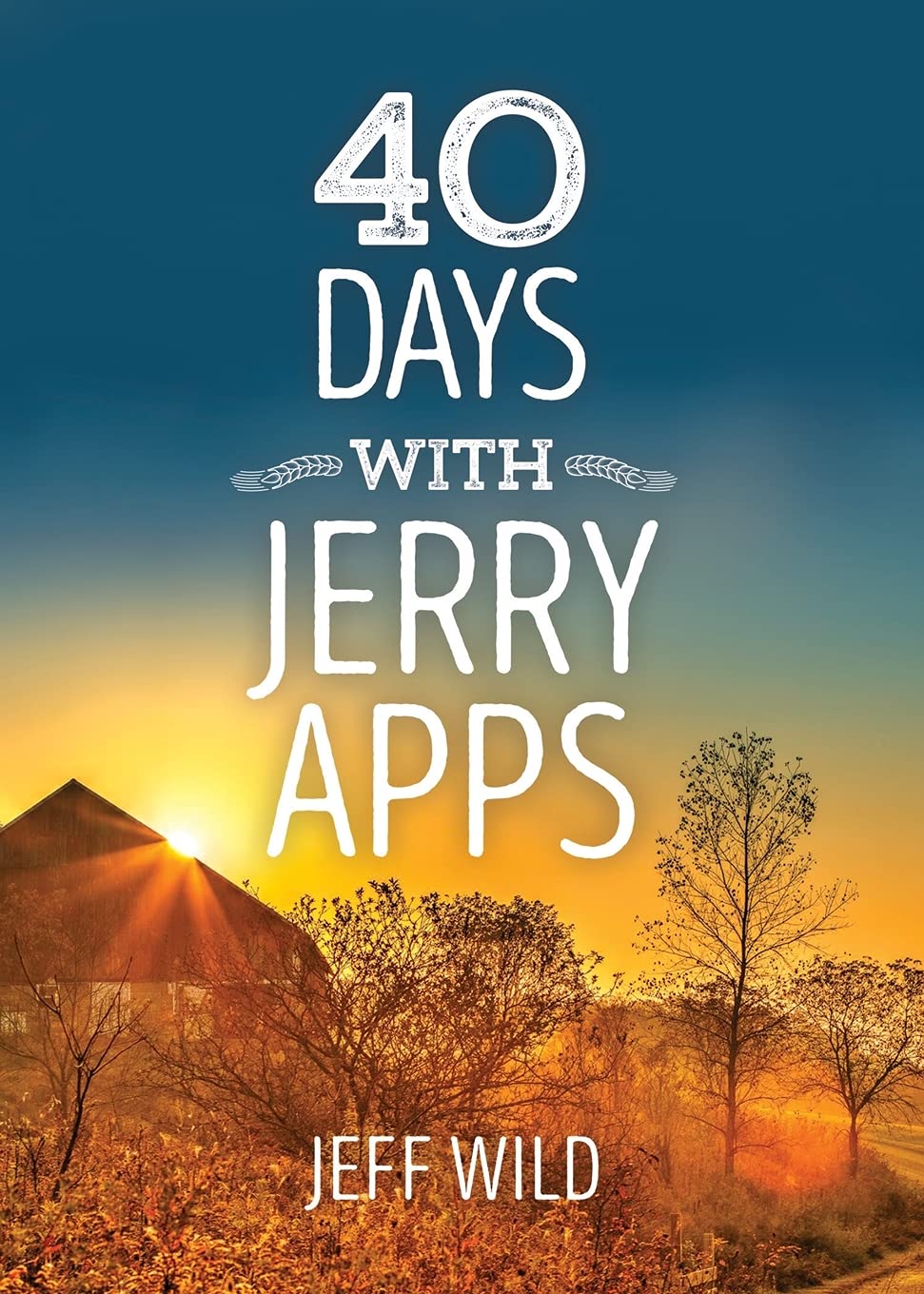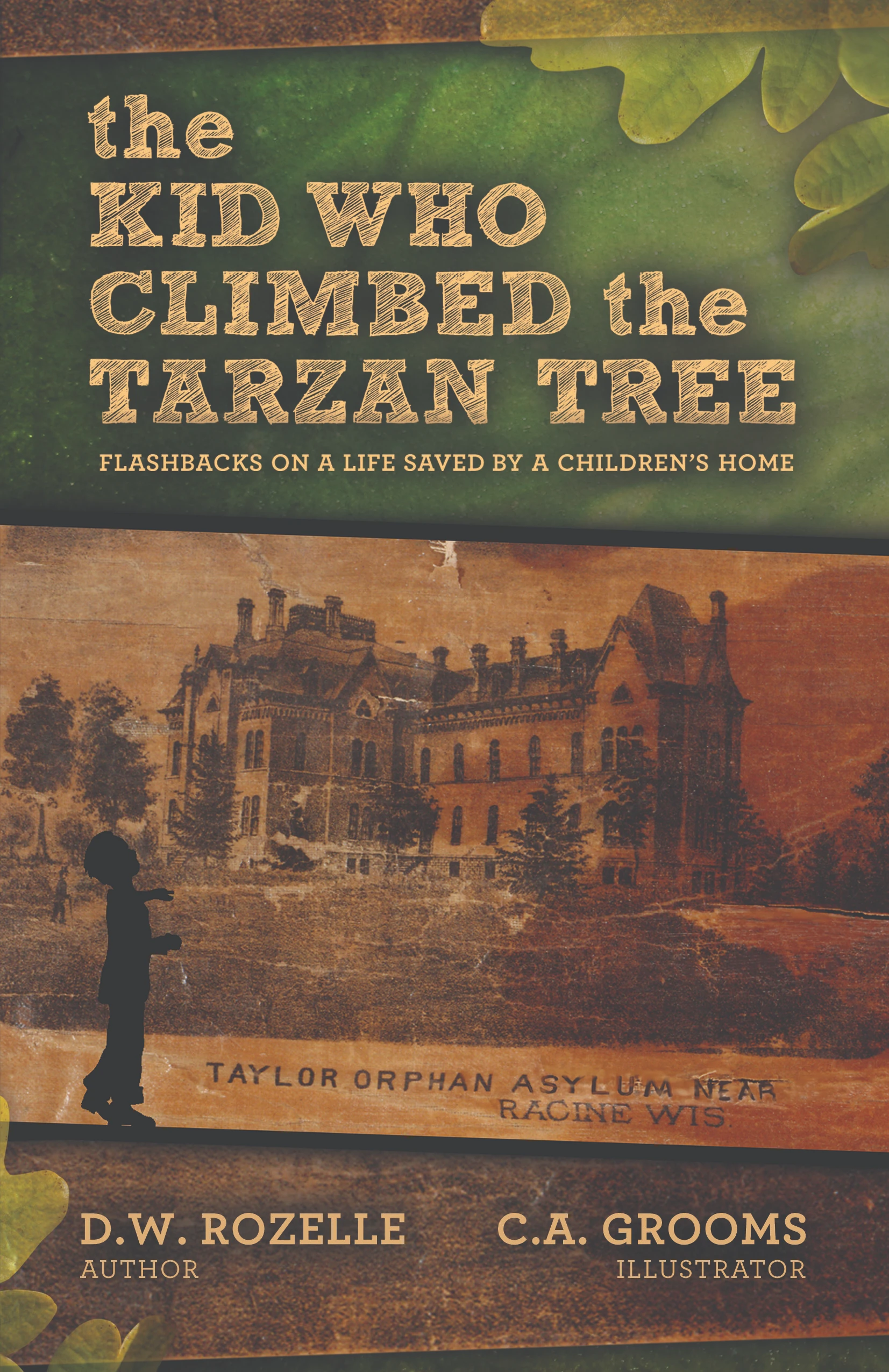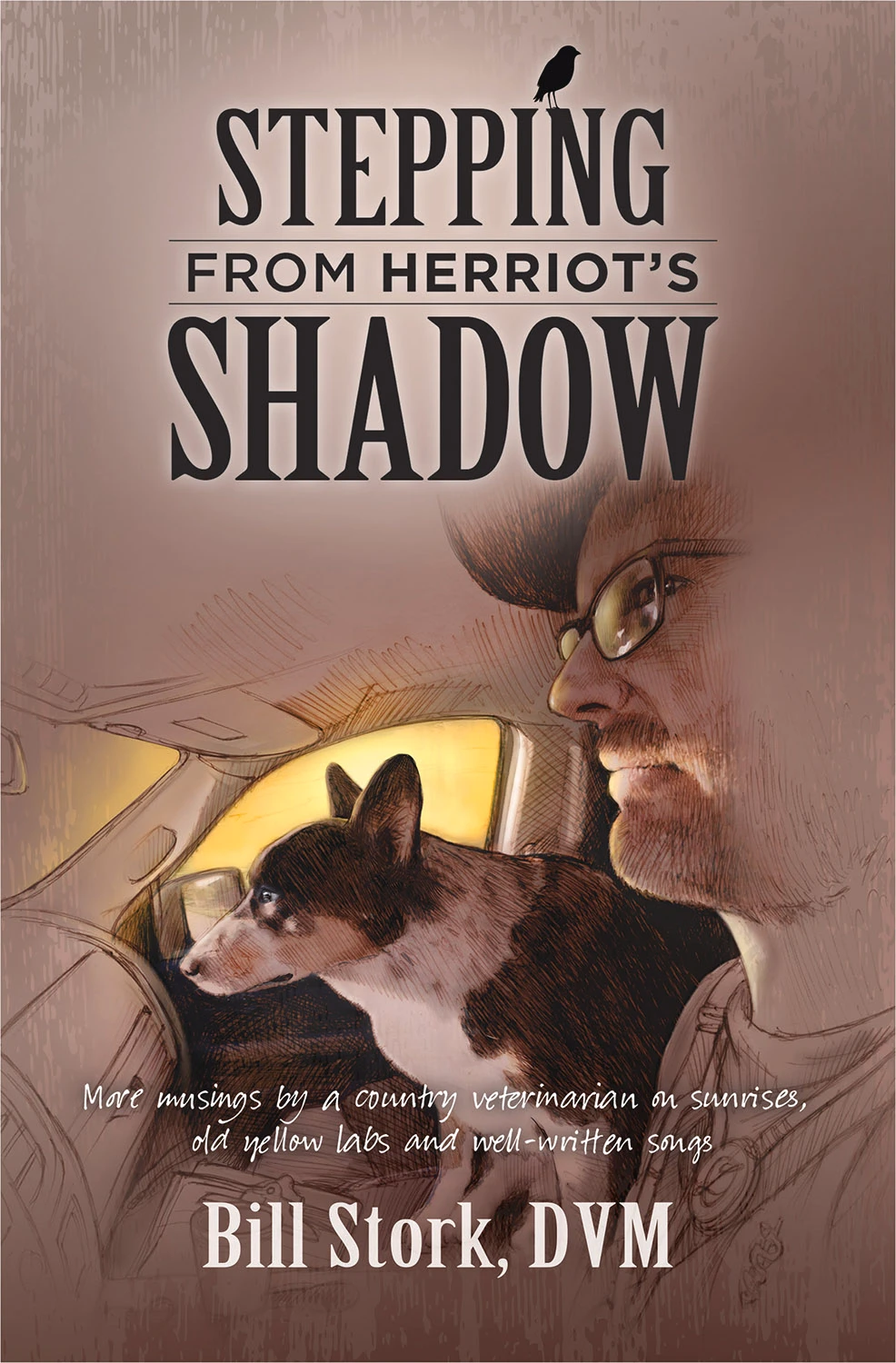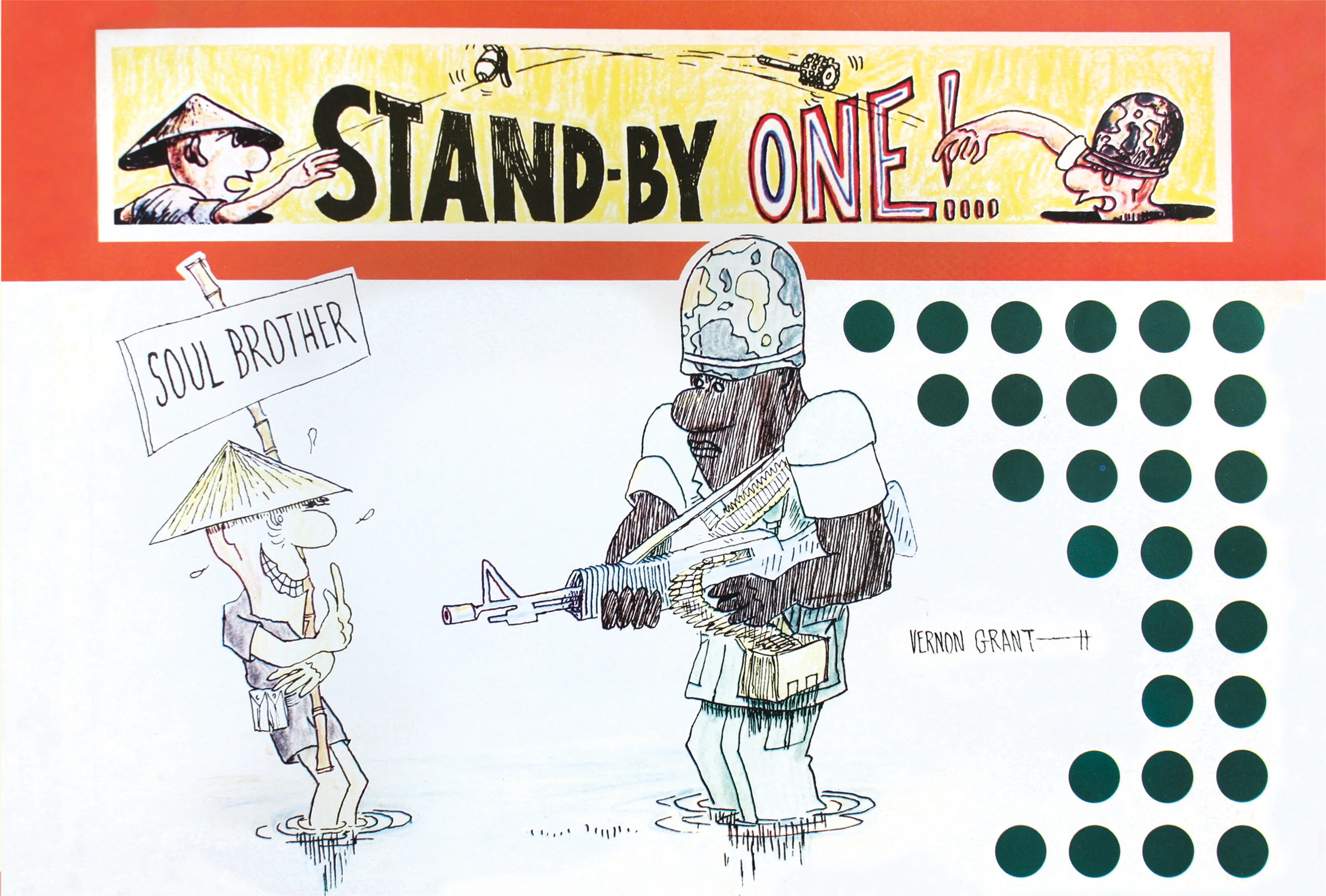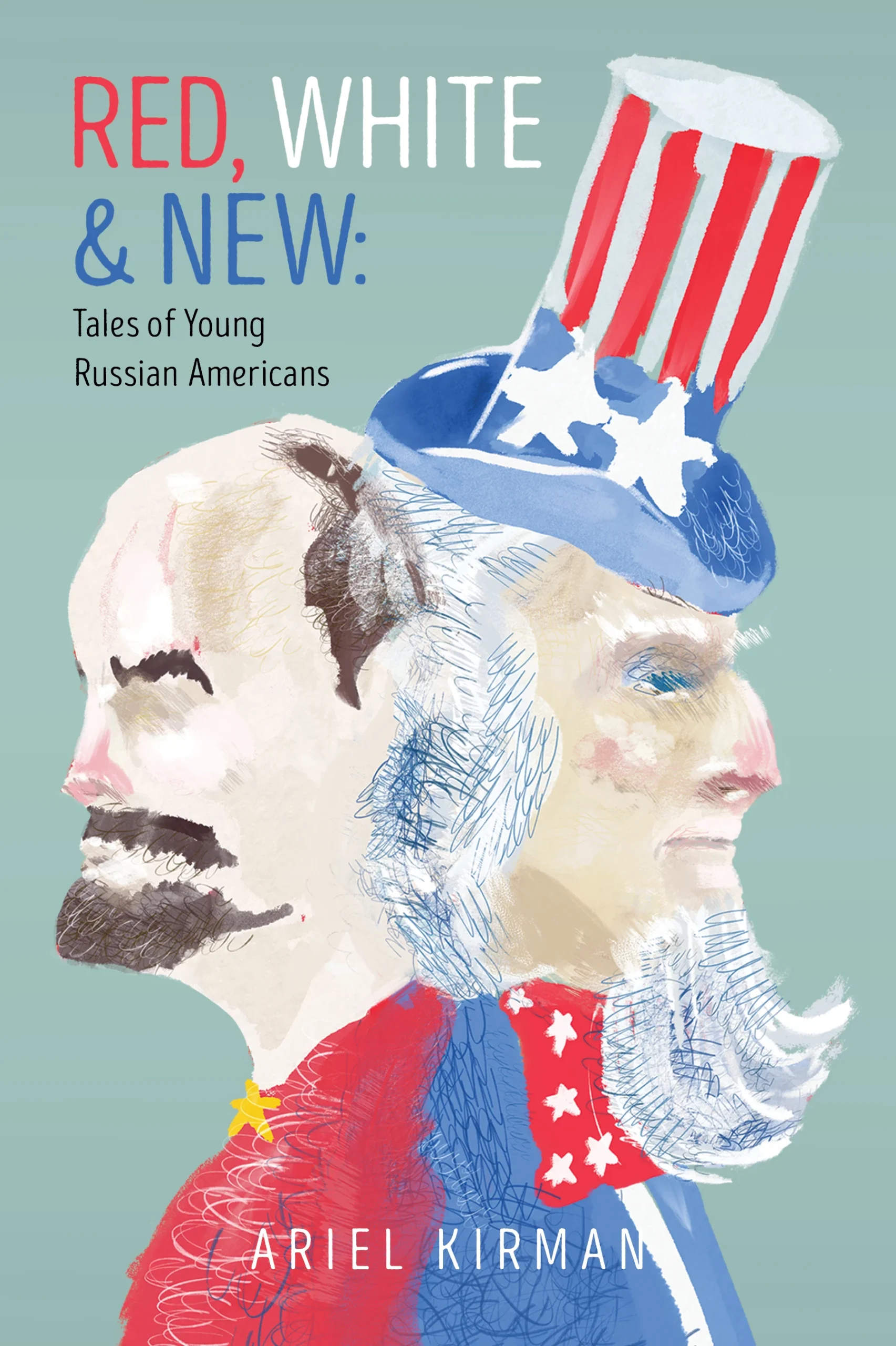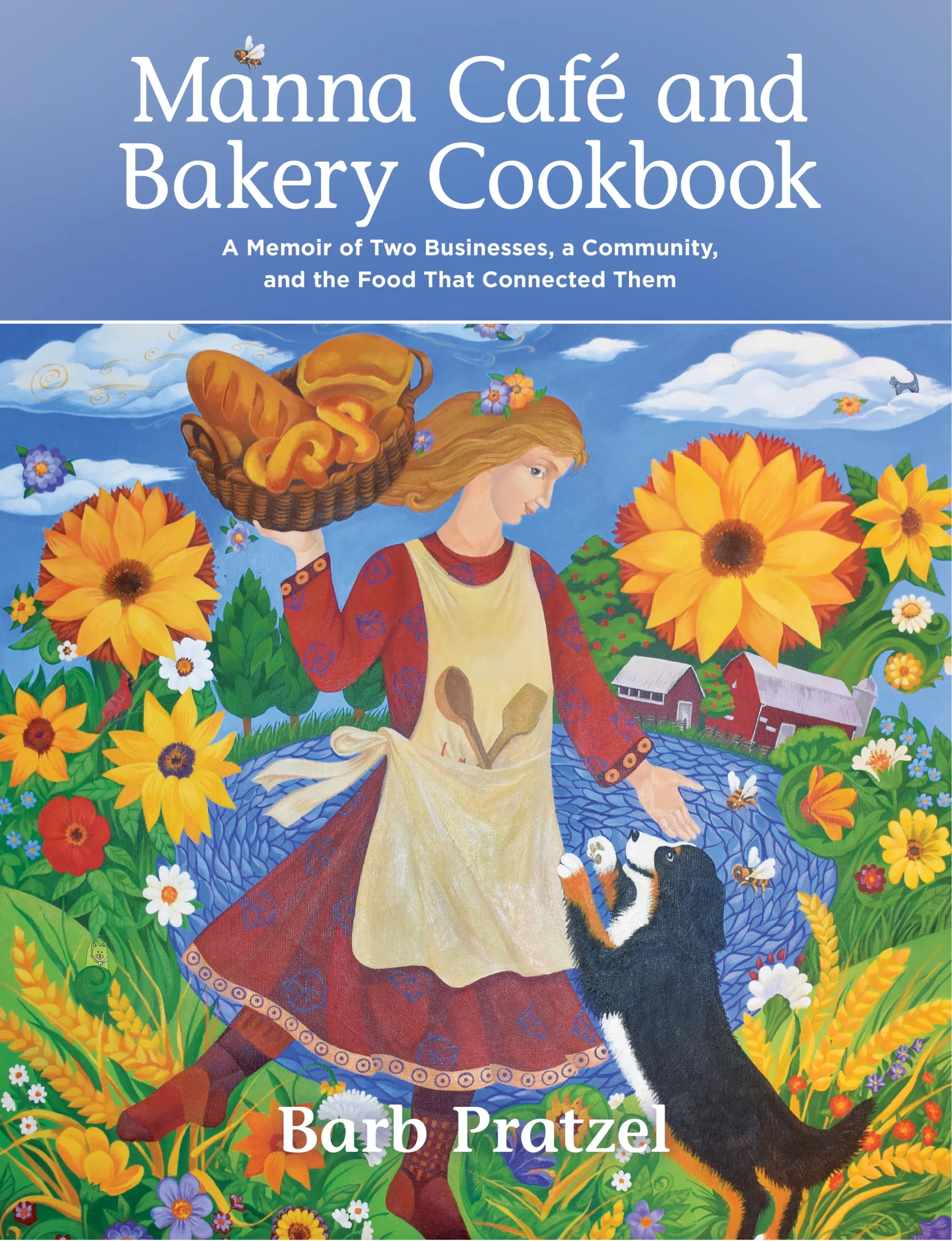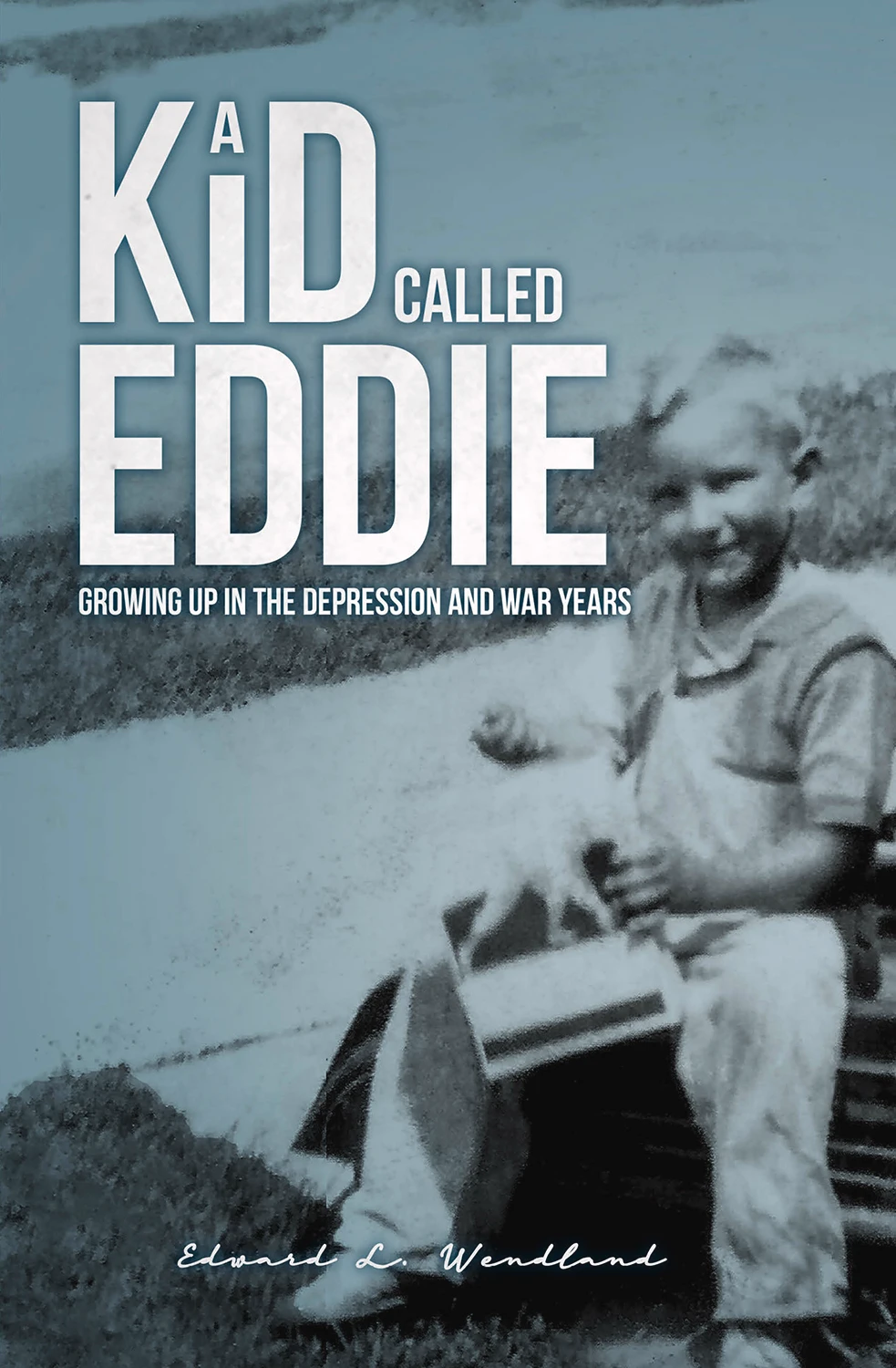REVIEWS
Jerry Apps is a prolific writer whose observations and stories about rural and small town Wisconsin evoke timeless themes. His writing is a testimony to the important things in life: caring for one another, caring for the land, recognizing and giving thanks for the giftedness of life, hard work, persistence in the face of adversity, and a sense of humor amidst all that may come. Jeff Wild is an insightful pastor and theologian who adeptly draws connections between our daily experiences and our life of faith. We have known both Jerry and Jeff for nearly twenty years, as church members, as a colleague, and as friends. When Jeff mentioned to us his idea to pair Jerry’s writing with a meditation he hoped to write, we told him we couldn’t wait to see the result. This book more than exceeds our expectations! Each entry opens up our perspectives on the world around us and gives us deeper insights into our relationships with God, creation, and one another. The reader will discover rich loam for thought and reflection that will provide meaning and encouragement each day. We highly recommend this book! We know you will feel deeply rewarded as you read its pages!
Jeff Wild does a double service to readers, by both introducing (or reintroducing) them to Jerry Apps’ writings through well-chosen excerpts, and using them as a springboard for his own thoughtful and engaging reflections on Christian living and our intimate relationship to God’s good creation.
Readers who have never read a book by Jerry Apps will find themselves drawn in to his way of seeing and thinking about our lives and the land we live on, by, and with. The excerpts stand on their own, even as they leave the reader hungry for more. Apps writes in the tradition of Aldo Leopold and Ben Logan, with the same eloquence and deep affection for the Wisconsin landscape. Wild’s passion for gardening and his theological appreciation for the natural world grounds his spiritual kinship with Apps and the lovers and workers of the soil about whom Apps writes. In his accessible yet profound theological meditations, Wild helps readers to connect Apps’ stories and recollections to their own lives and relationships to the earth, and to see them in the light of the Gospel and the call to Christian discipleship.
“Forty days” suggests Lent, and “Lent” literally means “springtime,” the season of the land’s awakening. The earthiness of this wise little book makes it an excellent source of spiritual nourishment for Lent, or any season. I am confident the reader will find their forty days with Jerry Apps—and with Jeff Wild—to be days well-spent.
I feel richly blessed to know Jeff Wild and Jerry Apps. Jerry was the major professor for my doctoral degree. Jeff served for 14 years as one of two pastors as long-term Madison Christian Community members. Both persons hold a deep connection to the land and serve as inspiration for my 40+ years working with farm and rural people as teacher, conference organizer, mediator, consultant, and active participant in several groups: Harvest of Hope Fund; Food, Faith, and Farming Network; AgrAbility of Wisconsin; and Wisconsin Farm Center. There is marvelous harmony and synchronicity between Jerry’s farm and rural writings and Jeff’s Christian-based spiritual meditations around important life lessons. These lessons include our need for a spiritual connection to the land; our critical need to care for the earth and the earth’s resources; nature as a vital place for healing and restoration of our spirits; the importance of struggle and persistence in dealing with life’s challenges; the value of doing the best you can with what you’ve got; the importance of interdependence and mutual support in addressing the issues confronting us; and many other issues. Whether you read one meditation a day or read this pithy book straight through, you will find inspiration for your journey along life’s path!
In just “40 days,” Jeff Wild weaves together his own lifetime of wisdom, richly devoted to scripture, with Jerry Apps’ beautiful and intimate portrayals of rural farm living. Together, the two dedicate a place for the reader to pause for a moment, reflect on the ways God’s loving grace can ground us in our own lives, restoring us in the abundant land and continually making us new through our relationship with it and with each other.
In this thoughtful and refreshing book, Jeff Wild offers a beautiful set of reflections on the diverse writings of Jerry Apps. Wild describes how Apps “embodies a sense of place as much or more deeply than any person” he knows, then offers scores of simple, profound examples of that sense of place, how it has developed, and what it means for leading a fulfilling, generous life—a life marked by service to a place and its people. Wild, drawing inspiration from Apps’ writings, succinctly offers many memorable and thought-provoking framings of humans’ relationships with the Earth; they provide plenty to ponder. As one example, Wild writes that gardening is a profoundly reciprocal practice: The gardener serves the soil, and the garden provides bounty in return—not only physical bounty, but also virtues like patience and fidelity. As a second rich example, Wild observes that not only does one of Apps’ characters work the land, but also, “the land works him.” I will be contemplating the layers of meaning in these and Wild’s many other reflections for some time.
